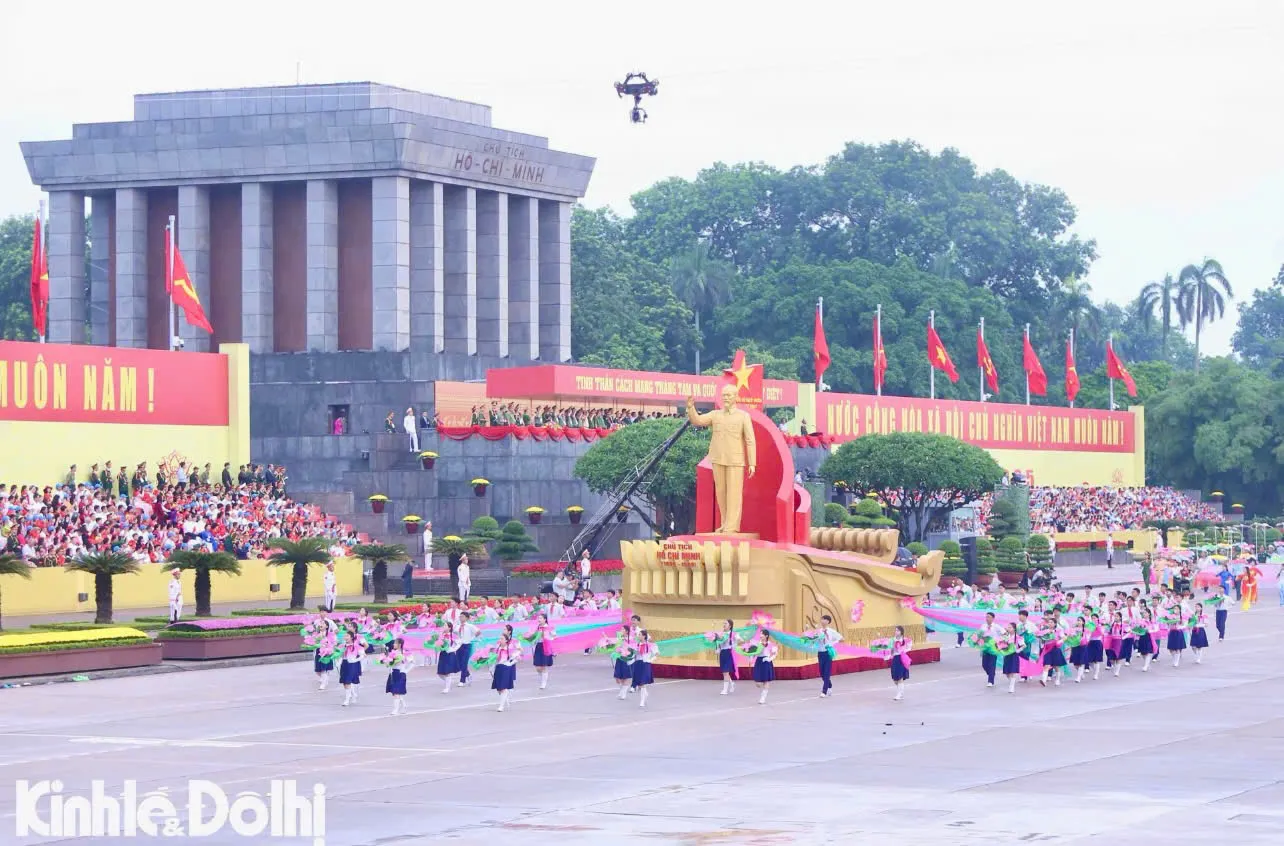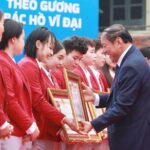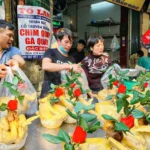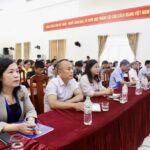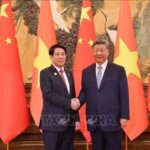The August Revolution of 1945 and National Day on September 2nd ushered the people into an era of national construction and renewal, reaching new heights of development. Today’s younger generation deeply recognizes, cherishes, and bears the responsibility and duty to protect and promote these rights in the new era, the era of the nation’s rise.
The Spirit of Self-Reliance and Self-Strengthening from the August Revolution in the New Era
– First, I want to mention the victory of the August Revolution in 1945 by the Vietnamese people, which marked a turning point for the Vietnamese Revolution and brought our nation into a new era—the era of national independence linked with socialism. The Vietnamese people transformed from slaves into masters of their country and their own destiny; from that point, it created the strength for the people to protect national independence; step by step, it gave Vietnam a solid position and strength in building and defending the Fatherland.
The August Revolution laid the foundation for the Vietnamese people to complete the era of gaining independence and freedom; it brought the people into the era of building and renewing the country, reaching new heights. And now, with the spirit of the August Revolution, we step into the era of rising.
Regarding the core values of September 2, 1945, President Ho Chi Minh, on behalf of the Provisional Government, read the Declaration of Independence, giving birth to the Democratic Republic of Vietnam, bringing the Vietnamese nation into a new era—the era of independence, freedom, and socialism…
Today’s younger generation needs to deeply recognize that to have the rights of the country and the rights of the people, the Vietnamese people had to sacrifice much blood, treasure, and time to regain them. The younger generation lives in independence, becomes masters of an independent country, lives in a safe, peaceful society, freely doing work beneficial to themselves and the country, contributing to society.
Independence and freedom have become sacred living values, the overarching goal throughout the history of the Vietnamese revolution. The values of a nation are the right to equality, the right to live, the right to happiness, the right to freedom, and the right to pursue happiness. Today’s younger generation deeply recognizes, cherishes, and bears the responsibility and duty to protect and promote these rights in the new era, the era of the nation’s rise, making these rights eternal.
– The spirit of self-reliance and self-strengthening from the August Revolution and National Day on September 2nd has deeply permeated the Vietnamese people, including today’s youth. I think the way young people approach life has changed; however, the spirit of self-reliance and self-strengthening is always of concern to the youth and remains timely. Today’s youth tend to be more autonomous in studying, seeking employment, and building their own careers.
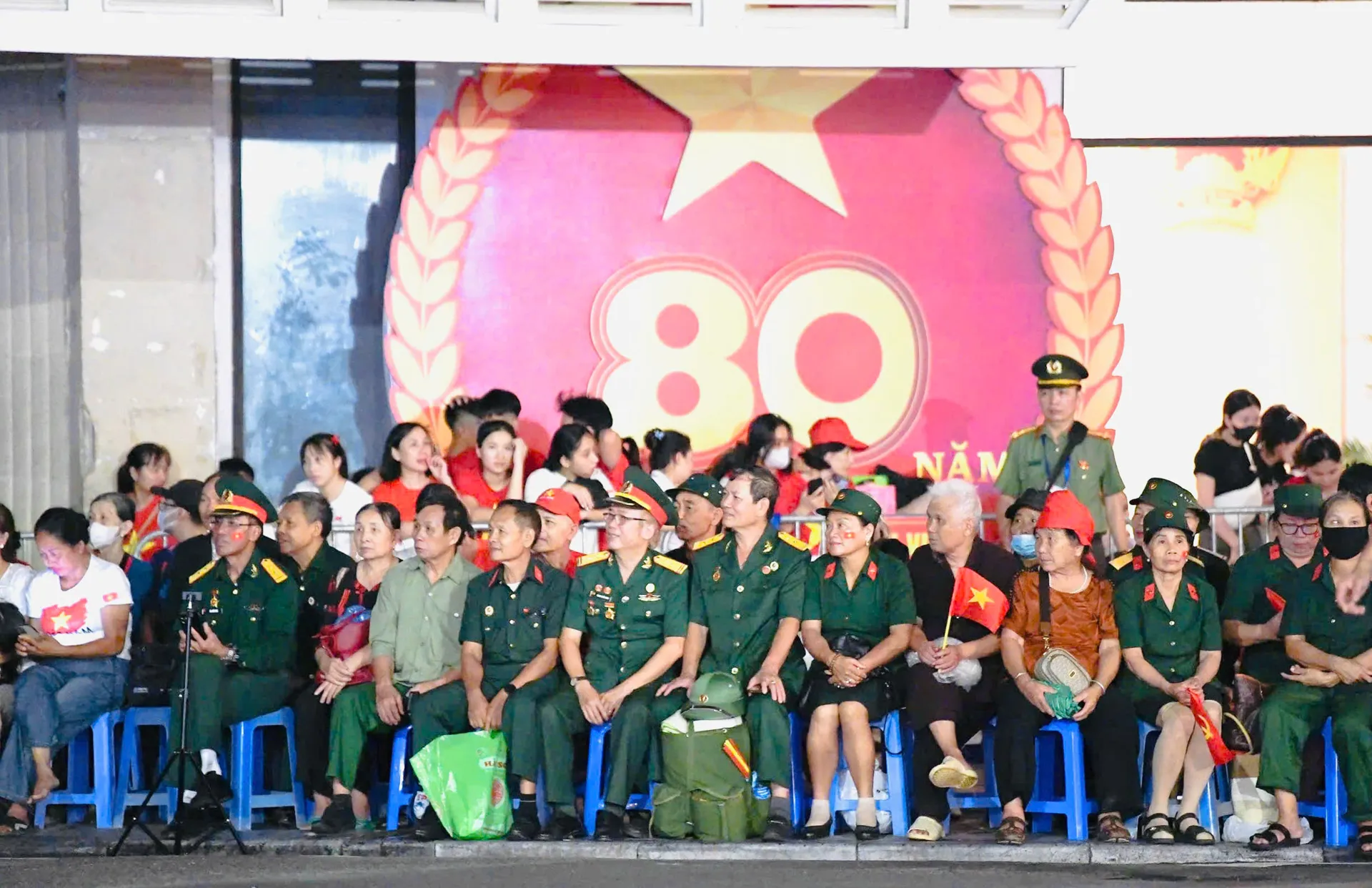
This is reflected in their dynamic, agile, creative lives, and especially their adaptability to technology. Many young people proactively seek information, learn new knowledge and skills, and are not hesitant to participate in online scientific seminars, self-study to improve their qualifications. The trend of entrepreneurship among them is also increasing. And, not a few young people early on have awareness, ideas to start businesses, dare to think, dare to do, nurture dreams, and find ways to turn dreams into reality.
The advantage of today’s youth is their quick access to technology and creativity, thereby opening up many job and business opportunities. And, young people also adapt very quickly to changes in the environment and society. They easily absorb new things, change their thinking, and take actions to suit reality.
The Spirit of the August Revolution Lives on in Today’s Youth
– It can be said that alongside the advantages of the era, today’s younger generation faces many new difficulties and challenges. For example, competitive pressure, economic difficulties, the influence of consumer culture… are reflected in the points I analyze below:
First, the younger generation must compete in studying, entering training institutions—majors they love that may open many opportunities after study, competing

